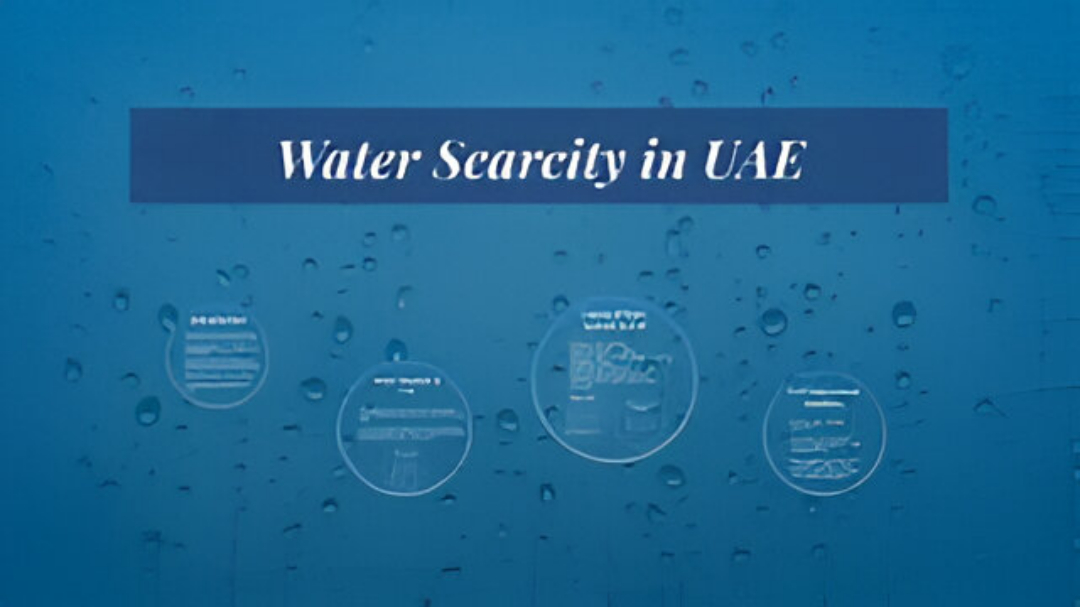
Environment & Sustainability
Turning scarcity into strategy - the UAE Is redefining Global Water Trade
At the heart of the UAE’s bold transformation lies a simple idea: scarcity doesn’t have to mean vulnerability, it can be a strategy. In the water-stressed Gulf region, the UAE is forging a new role as a global water hub; exporting not just water, but innovation, infrastructure, and market frameworks.
The nation’s Water Security Strategy 2036 lays the groundwork. Launched in 2017, it sets ambitious goals: reduce total water demand by 21%, reuse 95% of treated water, increase water productivity to USD 110 per cubic meter, and build strategic storage capable of supplying up to 45 days in emergencies. Under this umbrella, the UAE is investing heavily in reverse osmosis (RO) desalination, renewable energy integration, and wastewater reuse.
Projects like the Taweelah RO plant in Abu Dhabi (now the world’s largest, producing around 909,000 m³/day) embody that shift. This plant reached 90% capacity by mid 2023 and runs predominantly on solar power, aligning with the UAE’s Net Zero by 2050 goals and cutting CO₂ emissions associated with thermal desalination. Meanwhile, Dubai’s upcoming Hassyan RO plant, managed by DEWA and ACWA Power, targets production of over 818,000 m³/day by 2026–27, achieving a world-record low water tariff and efficient energy consumption (2.9 kWh/m³).
But the UAE’s ambition extends beyond local supply. It is pioneering energy‑for‑water trade, offering water as a commodity in return for energy partnerships with countries like China, Jordan, and even Israel. It plans to serve as a neutral, transparent water commodity centre, anchored in Dubai’s DMCC Water Centre. Recent agreements include a 50‑year deal to import one billion litres of natural water annually from Norway.
Technologies such as atmospheric-humidity harvesting, AI-enabled smart grids, cloud seeding, and international R&D consortia (supported by investments like the Mohamed bin Zayed Water Initiative) reinforce the UAE’s commitment to global leadership in water resilience.
By viewing water as a tradable, strategic asset, as vital as oil was a generation ago, the UAE is carving out a new global role. With infrastructure, regulation, and innovation, it is transforming scarcity into opportunity and redefining the future of water trade for the arid world and beyond.